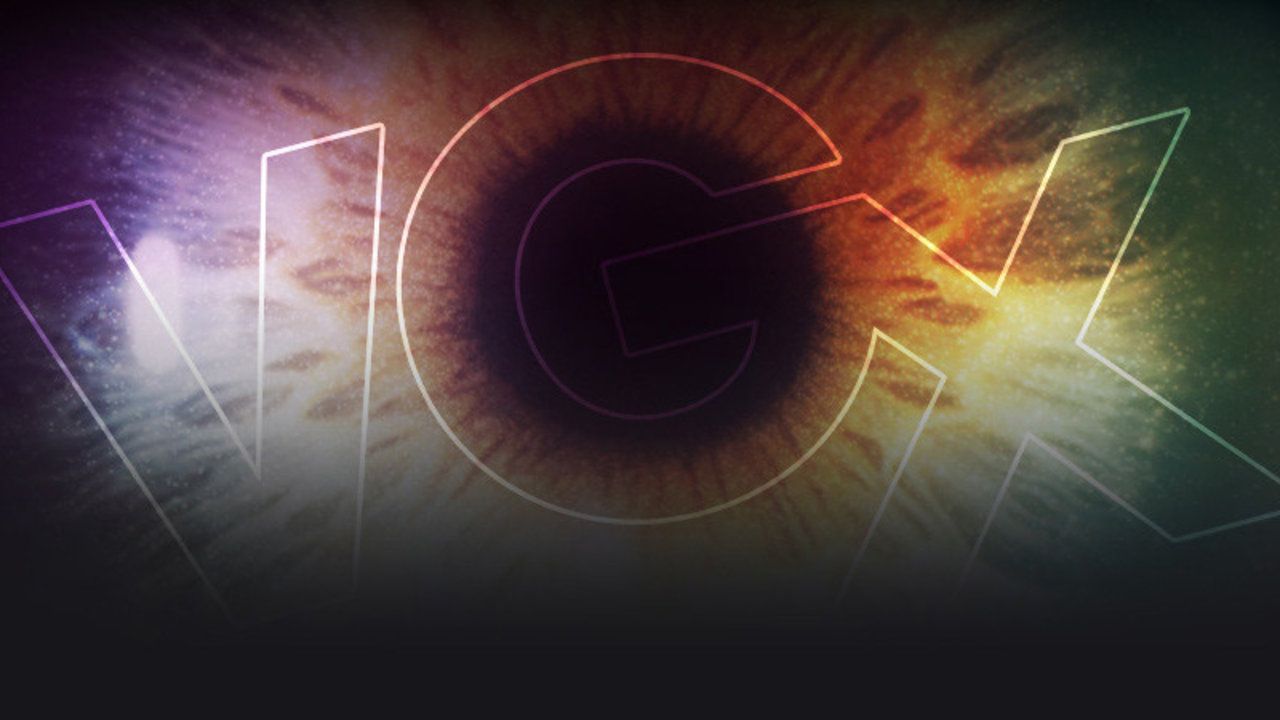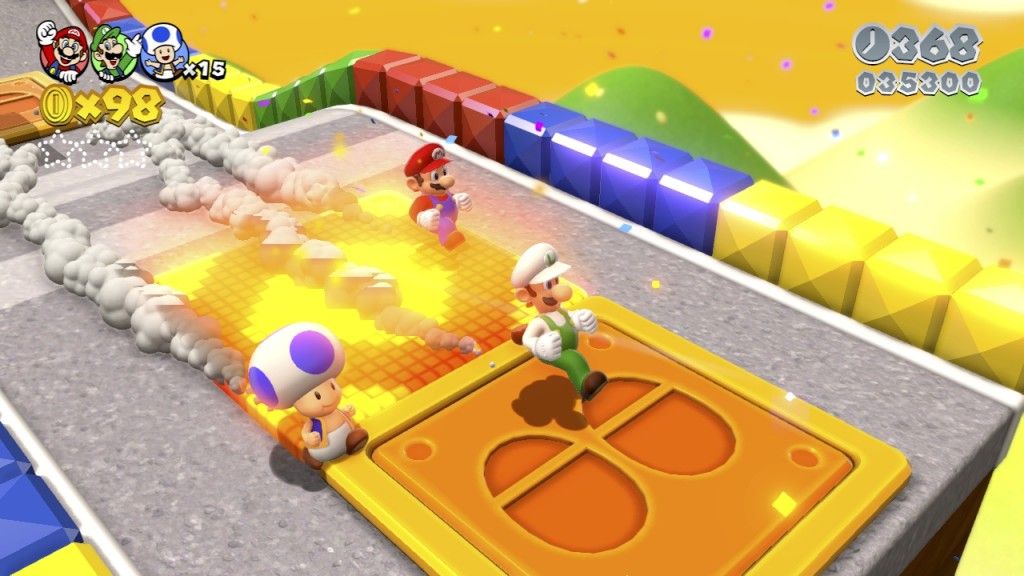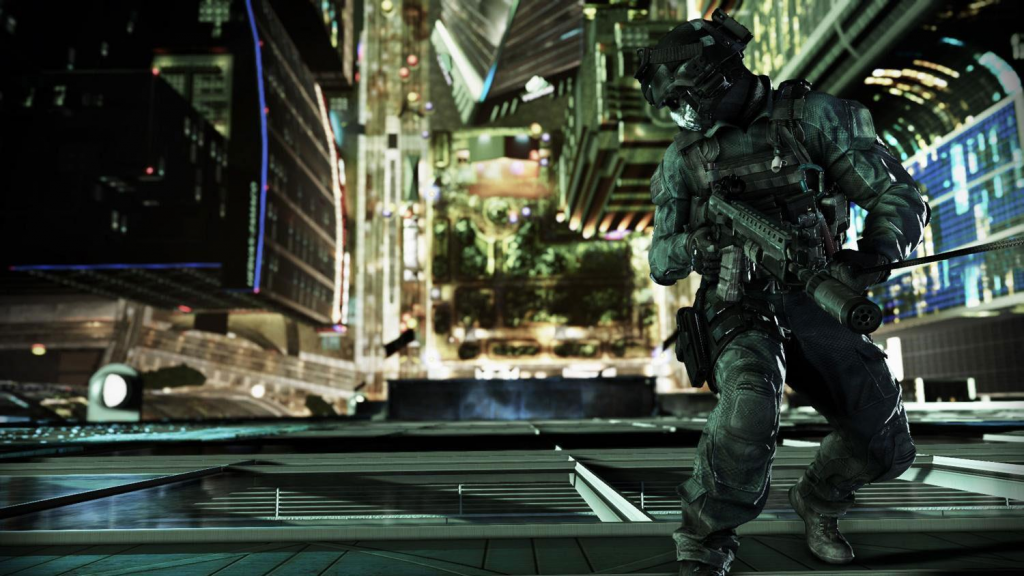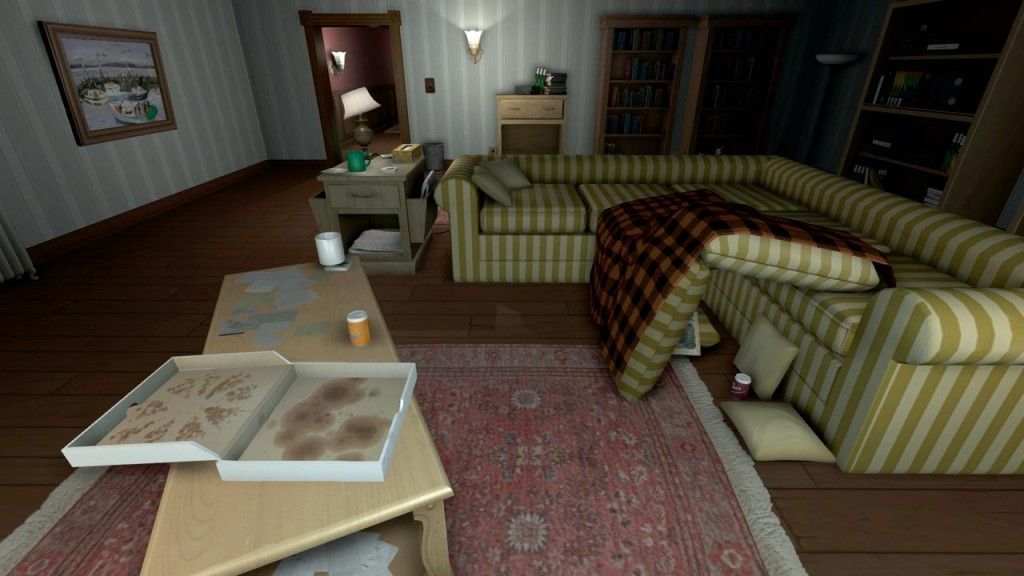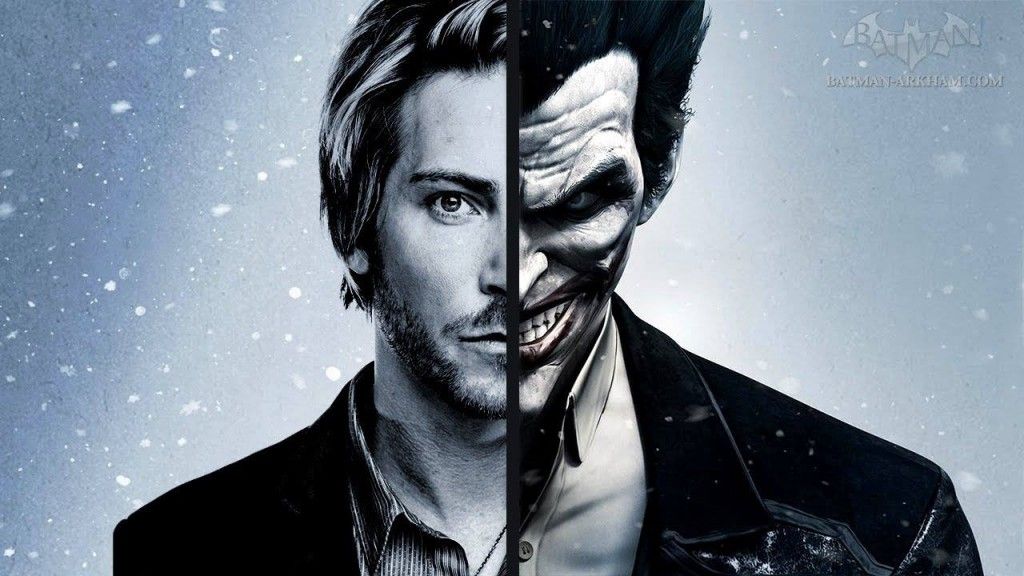When I was in high school, I had the distinct pleasure of viewing Spike TV's very first Video Game Awards. Since then I have watched the award shows on and off, and have been both pleased and horrified with each show. I make it a point to enter anything with an open mind, and this year is no different, but I cannot help having low expectations for this year's show due to the Gamer Advisory Council's nominations in certain categories.
I am a huge fan of awarding developers and entertaining gamers in the process, but the way the VGAs have gone about this has been troubling me for a while. However, the end is not nigh, and there are a few things that I would suggest we all keep in mind and vocalize so that next year's show is even better.
The placement of the awards in the year and years prior has been a double-edged sword. Obviously the producers want to enhance its viewership by having it take place in the height of the gaming industry's busiest few months: the holiday season. However, this placement is of severe detriment to some of the games that are nominated; even one in its Game of the Year category. The reason why other awards shows hold their ceremonies well into the year after their nominations have taken place is because it gives all those nominations breathing room. Games like Super Mario 3D World, The Legend of Zelda: A Link Between Worlds, Call of Duty: Ghosts, and the now-infamous Battlefield 4 have not had adequate time to permeate since their launch, and in the case of 3D World and A Link Between Worlds, had not even been released to the public before their nominations were announced.
If video games are to be treated as an artistic medium, then the most popular of awards shows devoted to the medium should be leading the charge, setting the example. Having a video game awards show in the midst of the holiday season, when the same games it has nominated are either freshly released or not even out yet, is not fair to anyone. Games, much like film or television, need to be given time to settle into the minds of both the press and consumers after their initial release; in fact this is even more-so for games given the role that downloadable content and multi-player play in enhancing and expanding upon the initial experience. It is much more feasible to look back on the entire year as whole - it gives a unique perspective on the games that we perceive have excelled on different platforms or are 'Game of the Year' caliber.
It is in these categories in which the games are nominated that another glaring issue arises. When viewed from both the viewpoints of a gamer and someone who wants to see developers adequately rewarded and put in the public eye for their work - which has at times, dwarfed the film industry's level of monetary success - the categorization of these games does and does not make sense. The abundance of categories introduces an annoying level of redundancy between awards, and serve to dilute the level of prestige that you would believe each award could and should hold.
Take this year's tenth annual Video Game Awards (aptly abbreviated as VGX) for example. There is a total of 20 individual categories including Game of the Year, eight best of genre, and five best of platform categories. The others include best female and male voice actors, studio of the year, soundtrack, song in a game, and DLC categories.
The genre categories are comprised of best action-adventure, role-playing, casual, shooter, independent, driving, sports, and fighting game. Separating nominations with this type of criteria is fine - the best way to differentiate between games is by separating them by how they uniquely convey their stories in the confines of their respective genres of gameplay. It becomes obtuse when the five platform categories comprised of Xbox, PlayStation, Nintendo, PC, and handheld are tacked on in addition. The lack of any visible criteria for these nominations makes them puzzling. What makes Brothers: A Tale of Two Sons an exceptional Xbox 360 game, but not an exceptional PC or PlayStation 3 game? What makes Rayman Legends a great game on both the Wii U and Xbox 360, but not the PS3? Unless the nominations within the platform-specific categories are platform-exclusives, there does not seem to be any worth to the categories outside of filling up space on the ballot sheet (or filling up space on each winner's Game of the Year box when they win in multiple categories).
For example, the category of Best PC Game is comprised of all of the Best Independent Game Nominations with Battlefield 4 swapped in place of Kentucky Route Zero. The category of Best Casual Game is even more bizarre. The nominations of Disney Infinity, Skylanders Swap Force, and Animal Crossing: New Leaf are not what I would call casual games. They are games with huge fanbases, who are interested in the lore, and in Skylanders and Infinity's case, collecting all of their favorite figurines. Candy Crush Saga is a casual game. As mentioned earlier, aside from the inclusion of Brothers: A Tale of Two Sons in place of Super Mario 3D World and The Last of Us, the Best Xbox 360 Game category is simply the Game of the Year category. If the platform categories were populated only by games that are exclusive to those platforms, then it would be a true example of what each system has to offer, and thus what is the best on each system.
As gaming has evolved through each generation and on each platform, we have come to a point where all varieties of games have a higher-level of quality in each actor's portrayal of a game's characters; there are no voice-actors, there are simply actors. That being said, the pool of actors to nominate is plentiful. This year, Willem Dafoe and Steven Ogg are nominated for their roles as Nathan Dawkins and Trevor Phillips in Beyond: Two Souls and Grand Theft Auto V, respectively. Then there is Troy Baker, an actor whose work I personally admire and look forward to. He is nominated twice for his performances as Joel in The Last of Us and Booker DeWitt in BioShock Infinite. As talented as he is, no person or game deserves to be nominated twice in any category - not when there is so much talent out there.
When a person or their work is nominated (in any awards program), it is because it is the best of the year in their craft. In the Oscars for example, it is possible to be nominated twice or more, but in different categories; best actor and best supporting actor, or best director and best original screenplay. In the case of the VGX nominations; the category essentially contains three nominations instead of the usual four, with one actor having an unfair advantage or standing to lose due to split votes between the two roles.
More importantly, what the council has done is taken away a nomination from a voice-actor that is just as deserving as the three men on the list. Nolan North had notable roles as Deadpool in Deadpool and as one of the four voices for "The Boss" in Saints Row IV. Ned Luke and Shawn Fonteno in their memorable performances as Michael De Santa and Franklin Clinton were equally as important to the chemistry of the Grand Theft Auto V main cast as Steven Ogg was. Furthermore, the category does not explicitly state that the category is for leading roles only; I would thus also suggest Nolan North's performance as David in The Last of Us as a possible candidate as well. It simply would have been better form to have four actors nominated equally, and to nominate Troy Baker for his best performance out of the two he is currently nominated for.
The suggestion of eliminating categories and reorganizing is not meant to be reductive in any sense. With trailers, gameplay videos, and surprise world reveals, the Video Game Awards are just as much a spectacle and celebration in what gaming is and what it has to offer in the future as it is a simple awards show. By "cutting the fat" and eliminating redundant categories, ample time is allowed for both the awards and those other segments without one cannibalizing the other's time (something that has happened in the past). You can have your cake and eat it too.

